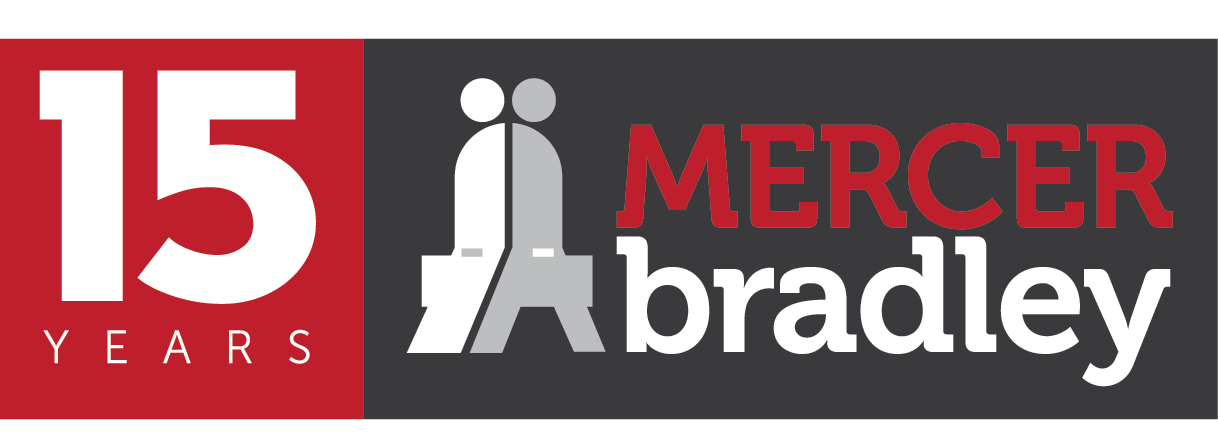Cultivating professional skills throughout your accounting career helps you grow professionally. The more value you add to an organization, the more opportunities you have for advancement.
Developing relevant hard and soft skills helps you remain engaged and productive at work. It also increases your job satisfaction and tenure with an employer. This benefits your career and the company’s bottom line.
Discover eight professional skills to cultivate throughout your accounting career.
Organization
Following strict reporting guidelines and meeting deadlines is essential. Staying organized helps complete, store, and track the documentation needed for each project and deliverable. It also helps you handle multiple projects and deadlines at one time.
Accounting Standards
Understanding and applying accounting standards is required for career growth. This includes Generally Accepted Accounting Principles (GAAP) and International Financial Reporting Standards (IFRS). Staying up to date on these principles and procedures helps you accurately prepare financial statements and reports.
Critical Thinking
Thoroughly and objectively considering topics is important. For instance, you must critically examine problems and find solutions. You also must use data to make judgments that impact business decisions.
Business Knowledge
Understanding your company’s operations and the industry helps you manage the business’s finances. Knowing how your role fits with the organization helps you assess, record, and report the organization’s needs.
Communication
You must clearly and effectively express your ideas and perspectives. This involves observing situations, actively listening, and empathizing.
Having excellent written and verbal communication skills helps you interact with colleagues, coworkers, managers, and company leaders. You can explain complex concepts so that non-financial professionals understand them. This includes clarifying how the numbers impact your audience and actions your audience can take to improve the numbers.
Software Proficiency
Knowing how to use accounting software helps you perform your job duties. Software programs that involve spreadsheets and word processing applications help with managing general ledgers, reconciling accounts, and generating financial statements. Staying current with enterprise resource planning (ERP) software also is essential. Stay up to date on advancements with Excel, Power BI and other data mining tools.
Problem-Solving
Your ability to resolve issues is important. This helps solve problems, fix mistakes, and improve business processes. You can identify and correct errors as well as provide advice related to use of capital, new lines of business or other growth opportunities.
Data Analysis
Reading and interpreting figures and data is important. Your analytical skills help you understand and use relevant data to prepare financial reports, make and support recommendations to increase profitability. They also help ensure your work is accurate and complete.
Are You Ready to Advance Your Accounting Career?
Partner with Mercer Bradley to advance your accounting career in Winnipeg. Visit our job board today!




Leave a Reply